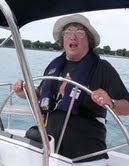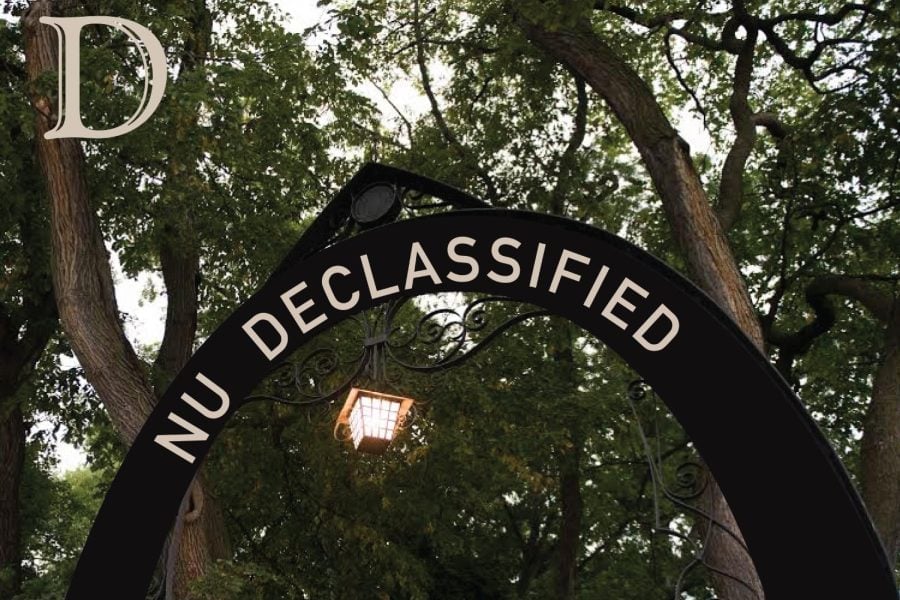
Northwestern women’s studies program co-founder Rae Moses’ colleagues remember her as a fighter with a heart of gold.
“She was a staunch feminist, but funny, generous, made everyone feel comfortable, made everyone feel welcome and challenged us as well, but always in a fun-loving generous way, never in an accusing way,” said religious studies Prof. Cristina Traina, who got to know Moses when she was a faculty fellow at the Women’s Residential College.
Moses passed away Feb. 7, about nine years after she retired from NU in 2004. Survivors include her husband, Leon Moses, a former economics professor at NU, as well as her daughter Megan McBride, three stepsons, multiple grandchildren and great-grandchildren, and her brother, Patrick Stallcup.
Born in 1935, Moses was a champion of women’s rights at NU, fighting for the interests of female faculty members. She co-founded the women’s studies program, now known as the gender studies program, in 1986 with late sociology Prof. Arlene Daniels. She also played an important part in establishing the Women’s Residential College, also known as Hobart House.
Former biology Prof. Neena Schwartz said Moses was also instrumental in the creation in 1981 of the Organization of Women Faculty, which seeks to improve working life on campus for female faculty and graduate students, according to its website.
“Northwestern was no different than any other university,” Schwartz said. “You had to keep pushing and pushing and pushing that there were women around, that you had to recruit more women for faculty … She always had the energy to do it.”
As a linguistics professor, Moses looked at gender roles from the angle of communication, researching how language was used to describe women, Schwartz said.
Moses also brought “an energizing broader perspective” to the classroom, said linguistics Prof. Robert Gundlach, director of the Weinberg College Writing Program. Gundlach, who was a student in one of Moses’ linguistics classes, recalled Moses bringing in her then-young daughter and a friend to demonstrate the workings of children’s language development.
“I learned from her a lot to give a broader context to whatever you’re teaching,” Gundlach said.
Moses was also active in other facets of the NU community. After joining the NU faculty in 1966, she served as an assistant dean in Weinberg from 1968 to 1976. She also helped guide students studying learning disabilities in the communication sciences and disorders department, Gundlach said.
“She was involved in all phases of campus life and was one of the most important citizens of the university I knew when I started,” Gundlach said.
Moses was also a loyal friend, former NU linguistics Prof. Judith Levi said.
“She was always warm and welcoming and sensible and helpful and generous with her time and her interest, so whether I had a difficulty that I wanted to talk to a wise woman about or something positive that I wanted to share with a good friend, Rae would be the perfect person to go to,” Levi said.
Even near the end of her life, Schwartz said, Moses was as big of a presence as she always had been.
“As I think about her, everything that she believed in was important enough to really fight for,” Schwartz said. “Even with some heart problems … there was always that tremendous energy. That’s why she managed to do so much at Northwestern.”












